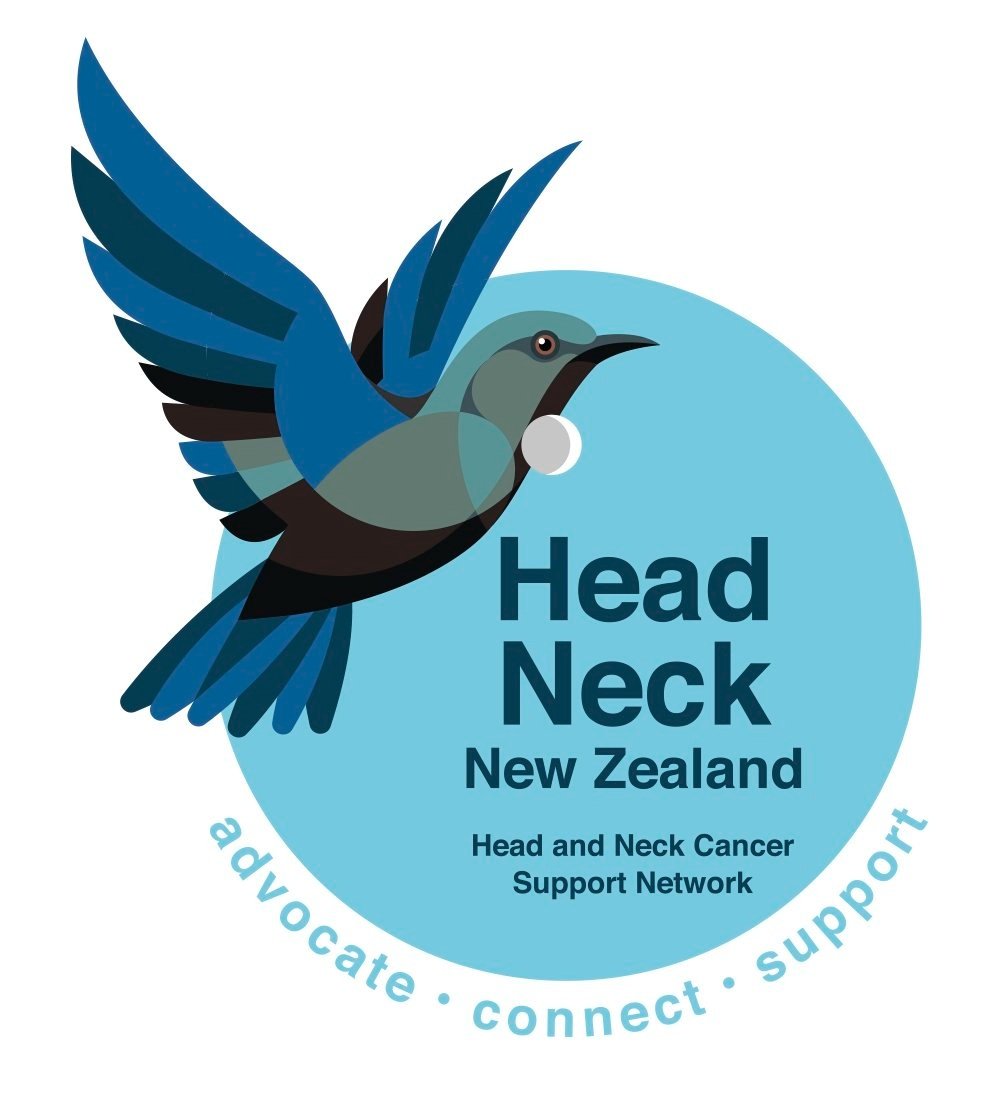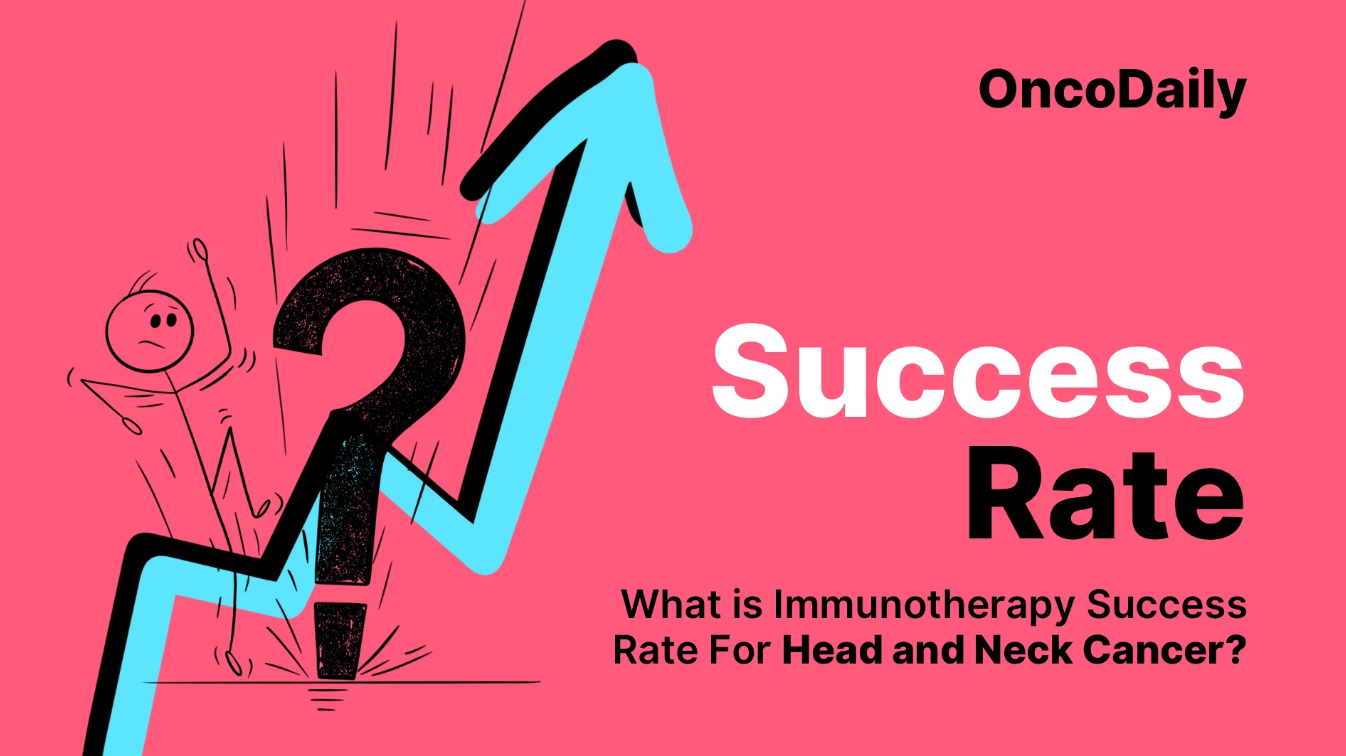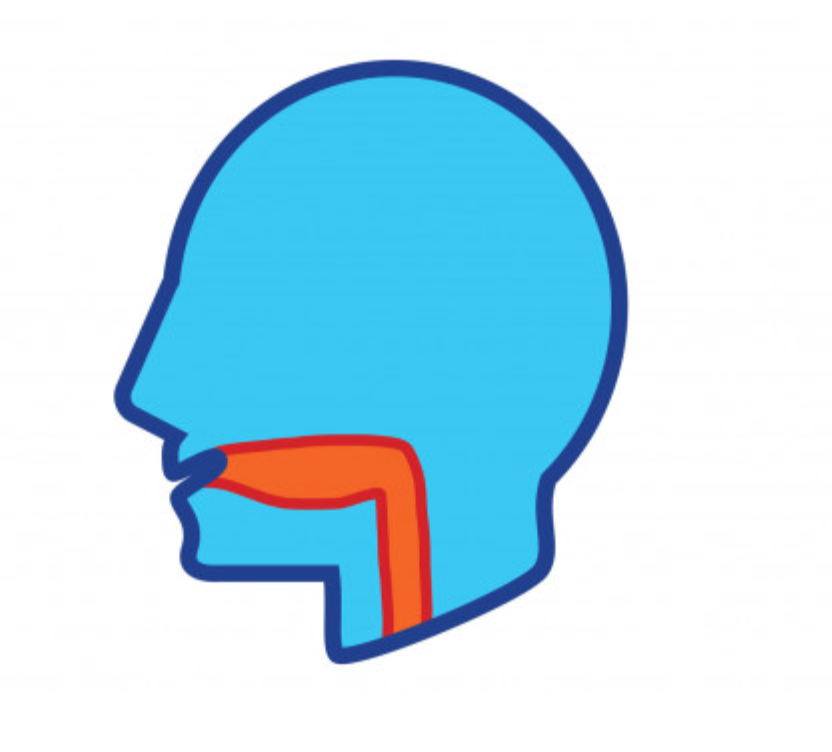Immunotherapy Success Rate for Head and Neck Cancer: What Patients Need to Know In 2025
https://oncodaily.com/oncolibrary/immunotherapy-success-rate-for-head-and-neck-cancer
Image from
https://www.facebook.com/gevorg.tamamyan. (2025, December 14). Immunotherapy Success Rate for Head and Neck Cancer: What Patients Need to Know In 2025 - OncoDaily. Oncodaily - Oncology News, Insights, Stories. https://oncodaily.com/oncolibrary/immunotherapy-success-rate-for-head-and-neck-cancer
Circulating cell free HPVDNA in HPV positive head and neck cancer reveals fast responders and early peakers during treatment
https://www.nature.com/articles/s41598-025-33345-4
Google. (2026, January 21). Image generation for AMR Detection Article [Generative AI chat]. Gemini 2.5 Flash. https://gemini.google.com/share/2dad0d700fbc
NHS to fast-track patients with head and neck cancer into cancer vaccine trial
Patients with advanced head and neck cancers in England will be fast-tracked into a trial of a new cancer vaccine, as the NHS expands its world-leading trial ‘match-making’ service.
The investigational cancer vaccine uses mRNA technology to help the immune system recognise and kill cancer cells containing human papillomavirus proteins.
More than 100 patients with advanced head and neck cancer in England will be matched to the trial, running at 15 NHS hospitals over the next year, supported by the NHS’ Cancer Vaccine Launch Pad (CVLP).
This is the third cancer vaccine trial to be run through the NHS Cancer Vaccine Launch Pad, coordinated by the Southampton Clinical Trials Unit, which has already helped refer around 550 patients to trials of vaccines for bowel and skin cancers.
The first head and neck cancer patients in England have received the investigational mRNA cancer vaccine in the clinical trial, known as AHEAD-MERIT (BNT113-01), with more patients to soon be enrolled at their nearest NHS hospital.
More than 11,000 new head and neck cancer cases are diagnosed in England every year, with cancers typically developing in the mouth, throat or voice box.
Cutting-edge proton beam therapy is no better than advanced radiotherapy for treating head and neck cancer
Cutting edge proton beam therapy is no better than intensity-modulated radiotherapy for treating people with head and neck cancer, according to new research.
The nationwide TORPEdO trial funded by Cancer Research UK and The Taylor Family Foundation compared two forms of highly targeted radiotherapy for head and neck cancer – proton beam therapy (PBT) and intensity-modulated radiotherapy (IMRT).
Presented at the American Society of Radiation Oncology (ASTRO) Annual Meeting in San Francisco, California, the initial results of this multi-centre trial, sponsored and managed by The Institute of Cancer Research, London, found that there was no need for PBT for most people with head and neck cancer. Similar levels of side-effects from the treatment were observed in both groups.
PBT directs a beam of highly charged particles called protons onto a tumour to destroy the cancerous cells. IMRT uses advanced computer programmes to create a beam of radiation that matches the shape of a patient’s tumour, which the computer then directs onto the tumour using a machine called a linear accelerator (LINAC).
Enhancing psychosocial support for hnc patients
Luke Meehan, shares the results of his recently completed Master’s thesis at Victoria University of Wellington, which explored how people with head and neck cancer experience psychological and social support in Aotearoa New Zealand.
This research was informed directly by the voices of people living with head and neck cancer, highlighting their challenges, what’s working well, and where improvements can be made. He hopes that these findings will help guide services, resources, and community initiatives to better meet the needs of this group.
Study finds sequencing treatments improves outcomes in head and neck cancer model
New Study Finds “Perfect Timing” Could Supercharge Cancer Treatment ✨🧠
Researchers from UC San Diego looked at a model of oral head and neck cancer (in mice) and found that when treatments are given is really important — not just what treatments are used ScienceDaily.
What did they do?
First, they gave radiation in a way that protected the nearby lymph nodes (these help the immune system fight cancer).
Then, they gave immunotherapy, a treatment that boosts the body’s own defenses.
Most mice (15 out of 20) had total tumor disappearance — and it stayed gone for good! ScienceDailyMedical Xpress+1.
Why it matters 🧬
Tumor-draining lymph nodes are key hubs for immune cells.
When these lymph nodes are kept healthy, special immune cells (CCR7+ dendritic cells) can move correctly and boost a strong attack against cancer. Medical Xpress+1
What could this mean for people?
The timing and order of treatments may matter a lot.
Doing radiation first—sparing those lymph nodes—then immunotherapy might work much better than giving them in the wrong order.
Clinical trials are now underway to see if this could work safely in people with head and neck cancer
The Missing Link in Head and Neck Oncology: Integrating Prosthodontic Rehabilitation From Day 1
🦷✨ Why Dental Support Should Start on Day 1 ✨🦷
When someone has head and neck cancer, they might need surgery or radiation. That can make it hard to speak, eat, or even smile like they used to. But there’s help available — prosthodontics (that's a special kind of dental care that creates things like speech aids, facial prosthetics, and special dentures).
👉 A new article says we should bring prosthodontists in from the very beginning — Day 1!
Right when someone is diagnosed, they should meet with the full care team, including a dental expert.
Why? Because:
It makes it easier to fit things like speech aids later
It helps people eat and talk better
It supports confidence and emotional healing
Right now, prosthodontists often come in after treatment, when it’s harder to help.
New diagnostic test identifies head and neck cancer patients curable by surgery alone
Researchers developed a diagnostic test based on the LIMA1-alpha protein to distinguish patients with head and neck squamous cell carcinoma who can be cured with surgery alone, without the need for radiation or chemotherapy.
Researchers from the University of Turku and Turku University Hospital, Finland, led by Docent Sami Ventelä and Professor Jukka Westermarck, have identified a novel diagnostic tool that can revolutionize the treatment guidance of head and neck squamous cell carcinoma.
Their newly published study introduces an easy-to-use immunohistochemical assay for detecting the LIMA1-alpha protein, which reliably predicts whether patients can be cured with surgery alone—avoiding the need for harmful oncological treatments.
New hope for patients with head and neck cancer
New hope for patients with head and neck cancer.
https://health.ucdavis.edu/news/headlines/new-hope-for-patients-with-head-and-neck-cancer/2025/07
Pembrolizumab May Help Some Head and Neck Cancer Patients Live Longer
🧪 New Research: Pembrolizumab May Help Some Head and Neck Cancer Patients Live Longer 🧪
A major new study has looked at whether adding a drug called pembrolizumab to the usual treatment for head and neck cancer can help people live longer without the cancer coming back.
Here’s what happened in the study:
Over 700 people with locally advanced head and neck squamous cell cancer (HNSCC) took part.
Everyone had surgery and radiation (sometimes with chemotherapy), which is the usual treatment.
Half of the people also got pembrolizumab before and after surgery. The other half did not.





















